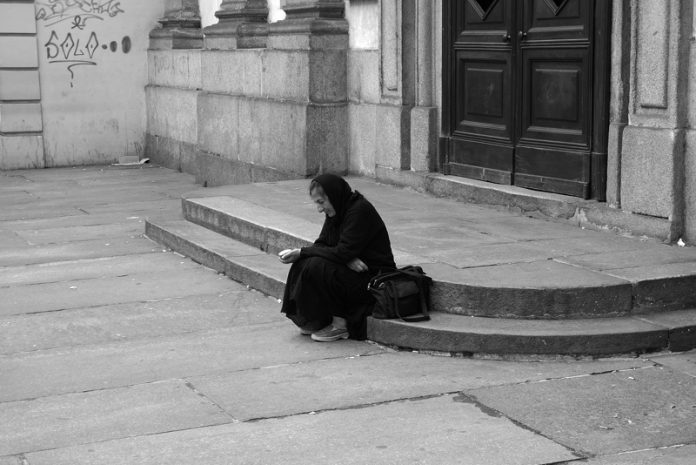On the occasion of International Women’s Day on March 8, the European Anti-Poverty Network (EAPN) presented the new report titled “Gender and Poverty in Europe” during a meeting in Serbia. It said that women experiencing poverty are exposed to twofold risk and injustice – based on gender and based on their poverty status.
“The feminisation of poverty is the consequence of various structural factors including stereotypes, existing pay gaps, barriers caused by the lack of reconciliation between family life and work and various types of gender discrimination,” said Letizia Cesarini Sforza EAPN’s representative.
Speaking at a media conference in Belgrade, she explained that although Europe is one of the world’s leaders when it comes to women’s rights, progress towards achieving full gender equality has been very slow.
“We are only half way towards achieving full equality between men and women,” she said.
In the case of Serbia, the risk of poverty among men and women is equal up to age 65. The gap widens greatly among people over 65 and the risk of poverty is 50% higher for women than men.
Slobodan Cvejić, SeConS director of research, noted that data show that the most vulnerable are single mothers, retired women, jobless women, rural women, Roma women and women with disabilities. “Measured at the individual level, women are more deprived than men on each indicator, from clothing and footwear to having personal money at their disposal,” he said.
“Experiencing poverty as a woman for me means above all experiencing poverty as a mother,” explained Geneviève Baert, a Belgian woman with direct experience of poverty. “If you have more financial means, you also have a stronger social network that can help you to take care of the children… If you don’t have enough money, your children are condemned to miss out on experiences other children have.”
“Poverty means many things. Women have to deal with things on their own, especially if they are Roma like me,” said Milica Petrovic, a woman with direct experience of poverty from Serbia. “To people experiencing poverty and discrimination: follow yourself; make your own path. Education is the most important thing, even if poverty sometimes prevents children and girls from having a good quality education.”

